US court rejects Trump transgender ban as military prepares to accept trans troops

A court has rejected a bid from the Trump administration to prolong a ban on transgender people in the military – as the Pentagon agrees to begin accepting transgender troops in a few weeks’ time.
Donald Trump announced on Twitter earlier this year that all transgender servicepeople would be banned from the US armed forces, claiming they were a burden on the military.
However, the ban was quickly quashed by courts after a string of legal battles.
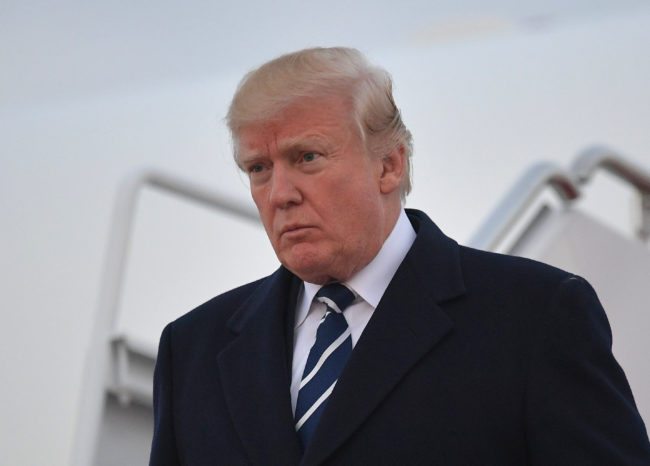
(Getty)
The Trump administration had this week sought an emergency injunction to allow it to continue banning transgender personnel, after a DC judge has ruled that transgender soldiers must be allowed to join the military from January 1.
However, the bid was rejected by the Federal District Court in DC today, paving the way for trans troops to be accepted from next month.
It is unclear exactly how many trans people will be rushing to sign up, however, given the extremely uncertain situation and the live legal battles that could quickly end their careers.
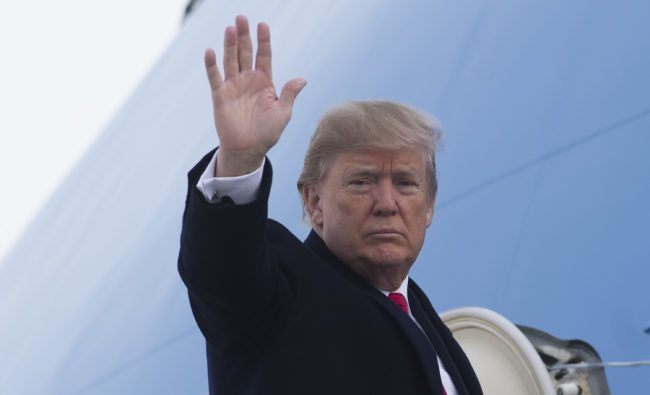
(Getty)
The challenge to Trump policy was brought forward by the National Center for Lesbian Rights (NCLR) and GLBTQ Legal Advocates & Defenders (GLAD).
Unless the Supreme Court weighs in, the military must now allow trans enlistment starting on January 1.
Pentagon spokesperson Maj. David Eastburn confirmed to TIME that the says the enlistment of transgender recruits will start on January 1 and continue amid the legal battles.
Sarah Kate Ellis, President and CEO of GLAAD, said: “Today’s legal victory is the latest step towards preventing Trump’s bigoted trans military ban from ever going into full effect.
“The Trump administration is struggling to provide any evidence that open trans enlistment be must be delayed because none exists beyond their own hate-fueled anti-LGBTQ agenda.”
The deadline has come about due to an Obama-era directive to actively permit the enrolment of transgender people.
The directive was set to come into effect earlier this year, but was delayed until 2018 as Trump announced the controversial ban on transgender troops.
US District Judge Colleen Kollar-Kotelly issued the order imposing the January 1 deadline, refusing to let the administration push it back any further.

Marine Corps recruits practice drill (Photo by Scott Olson/Getty Images)
She wrote: “[Existing] policies allowed for the accession of transgender individuals into the military beginning on January 1, 2018.
“Any action by any of the Defendants that changes this status quo is preliminarily enjoined.”
Trump stirred anger by announcing in July that he would impose a ban on transgender soldiers serving openly in the military.
He claimed in a string of tweets that the military “cannot be burdened with the tremendous medical costs and disruption that transgender in the military would entail”.
But Kollar-Kotelly ruled that a lawsuit brought against the proposed ban by five active soldiers with more than 60 combined years of service was likely to win.
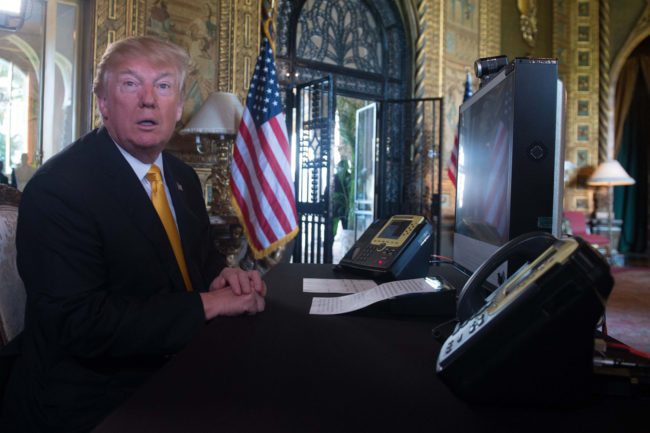
(Getty)
In a separate legal battle District Judge Marvin J. Garbis went further, enabling trans troops who have scheduled transition-related medical care to continue with their treatment with no deadline.
The Maryland judge ruled that Trump’s potential prohibition was “egregiously offensive,” with no evidence to show it “was necessary for any legitimate national interest.”
The case, brought by the ACLU of Maryland on behalf of six soldiers, led District Judge Garbis to state that Trump’s ban “was not driven by genuine concerns regarding military efficacy.”
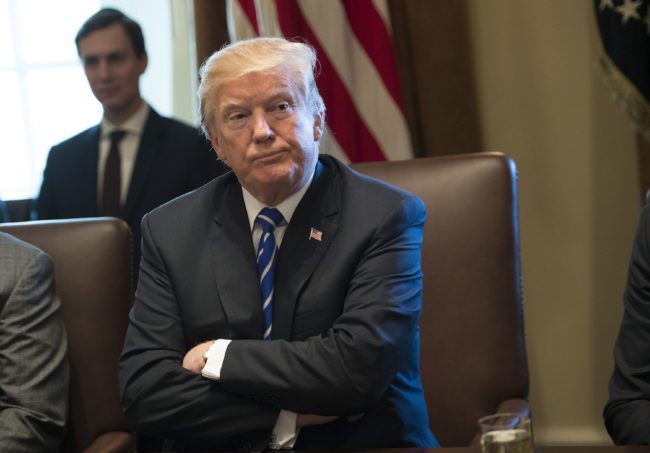
(Getty)
He added the proposal was a betrayal of trans troops who were already serving, and one which could not even “survive a rational review” in court.
“The lack of any justification for the abrupt policy change,” he wrote, “combined with the discriminatory impact to a group of our military service members who have served our country capably and honorably, cannot possibly constitute a legitimate governmental interest.”
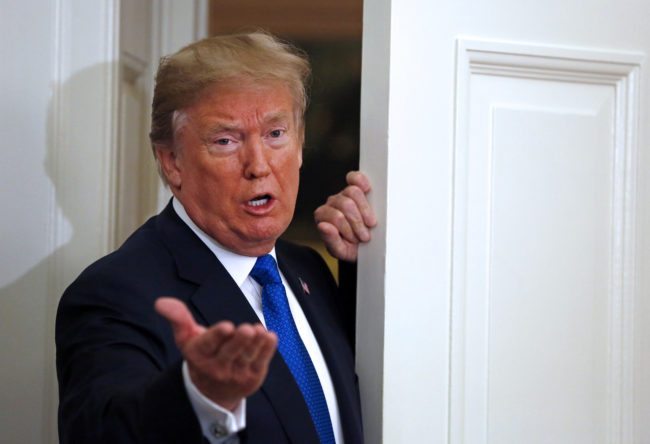
(Getty)
He said that for Trump to remove constitutionally given freedoms from a group of individuals was “so outrageous” as to “shock the conscience.”
Garbis tore into Trump’s inflammatory tweets specifically, writing that his sudden announcement “certainly can be considered shocking under the circumstances.”

